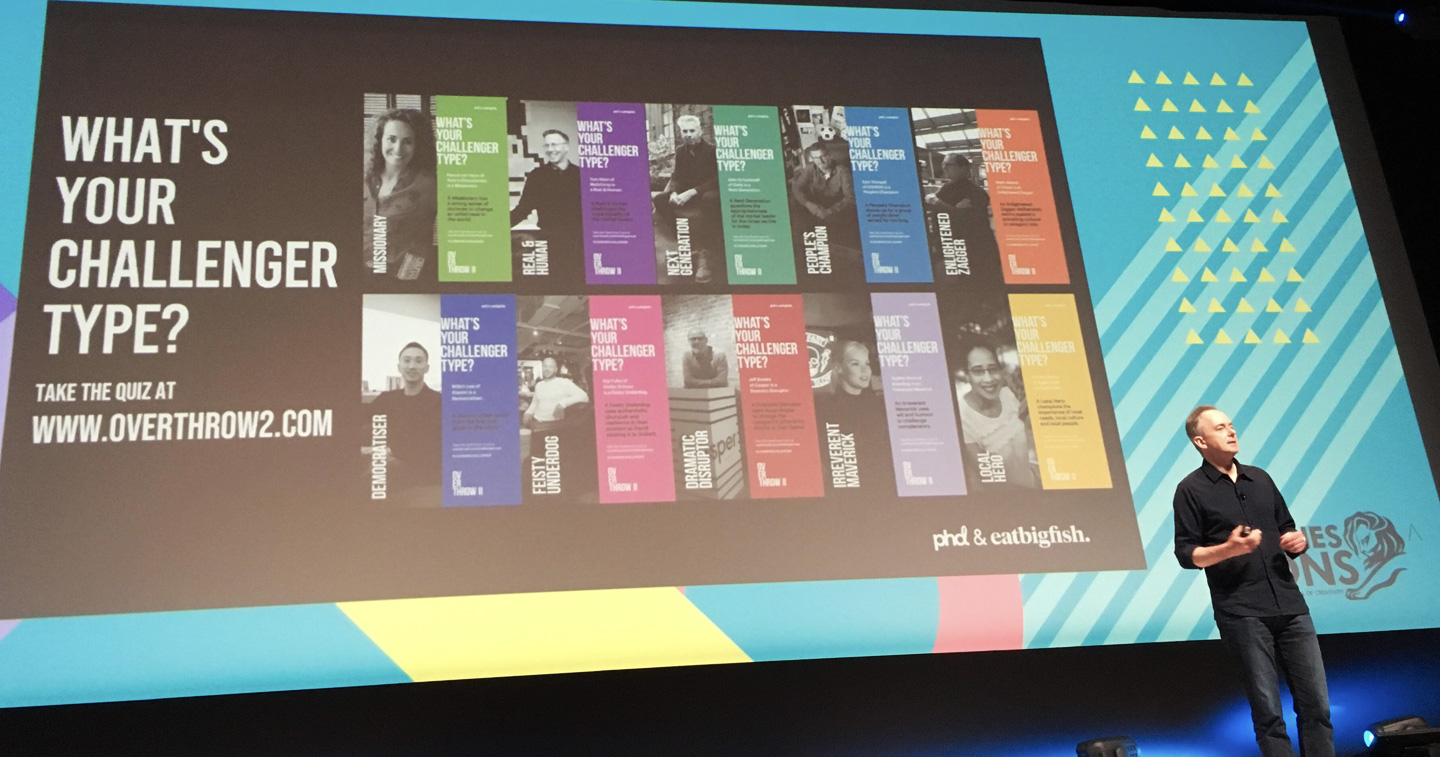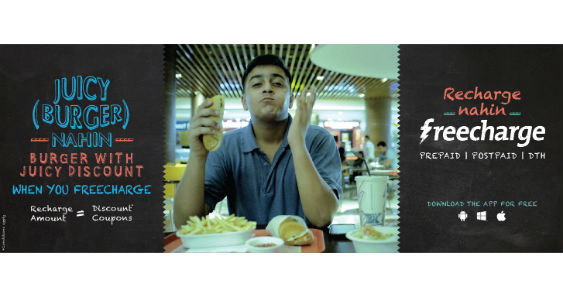Words by Jamie Tolentino-Deludet
“Challenger thinking” has become increasingly important to a broad range of brands—whether they are legacy brands or start-ups. That’s not surprising when you consider that for packaged goods from the U.S. alone, challenger brands secured $22 billion worth of deals from bigger brands over a five-year period.
Adam Morgan, world expert on challenger thinking and author of Eating The Big Fish: How Challenger Brands can compete against Brand Leaders shared insights from those disrupting the status quo, with Malcolm Devoy, Chief Strategy Officer for PHD EMEA, on the five commonalities in marketing and media behaviours they seem to use at the Debussy Theater in Cannes Lions Festival 2019.
Effectiveness Over Efficiency
One is the goal and one is the method. We look towards efficiency because it is much easier to measure especially in ROI, but we have to measure effectiveness in terms of brand ‘likeability’, being memorable and exciting emotions.
Attitude Over Audience
Behave as though you have a tightly defined attitude but still reaching a broad audience.
Creativity Over Relevance
Challenger brands massively favor creativity. Creativity is power and in effect create brand fame to foster shared meaning versus relevance becoming multiple versions to multiple groups. They achieve a transformational uplift rather than incremental uplift. They are not in the persuasion industry but in the entertainment industry.
Technology Beneath the Surface
Personalisation can lead to a decline in trust. Personalise the product rather than the advertising. Lemonade is an insurance bot, but it aids the human experience. They gain trust by telling customers that any unpaid money will go to charity.
Share of Distinctiveness Not Share of Voice
They reject cherished beliefs and institutions.
There are massive structural changes in companies now in areas of production, distribution, marketing, talent and investment. Since 2014, the amount of venture capital has been going into challengers rather than technology. To know more visit https://www.overthrow2.com on your challenger type.










